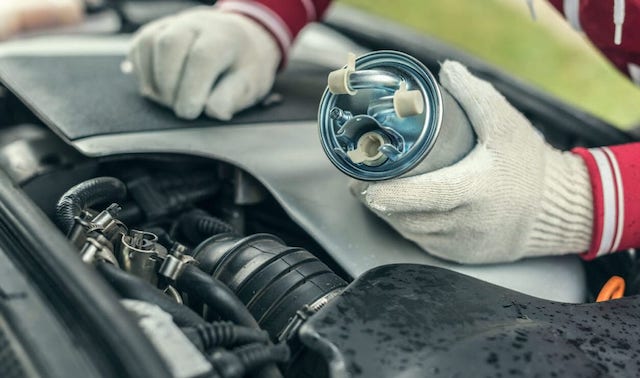
The Fuel Pump in a Toyota Car: Powering Reliable Performance
In a Toyota car, the fuel pump is a vital component of the vehicle’s fuel delivery system, ensuring that your Toyota’s engine receives a consistent and efficient supply of fuel. Toyota has a reputation for producing reliable vehicles, and the fuel pump plays a significant role in maintaining that reputation. In this article, we will explore the importance of the fuel pump in a Toyota car, how it functions, potential issues, and maintenance.
The Role of the Fuel Pump:
The fuel pump in a Toyota car is responsible for transferring fuel from the fuel tank to the engine’s combustion chamber, where it mixes with air and is ignited to produce power. This process is essential for the vehicle’s movement and performance.
How It Works:
- Fuel Pickup: The fuel pump draws gasoline from the fuel tank. In most modern Toyota vehicles, the fuel pump is electric and is typically located inside the fuel tank. This design helps keep the pump cool and reduces noise.
- Pressurization: The fuel pump pressurizes the fuel to a specific level, maintaining the pressure required for efficient combustion. This pressurized fuel is then delivered to the engine.
- Distribution: Fuel is carried from the pump to the engine through a network of fuel lines. In fuel-injected Toyota vehicles, the fuel is distributed to the fuel injectors, where it’s precisely sprayed into the combustion chamber. In older carbureted models, the fuel is delivered to the carburetor.
- Combustion: In the engine, fuel mixes with air, and the mixture is ignited by a spark plug, generating the power necessary for the vehicle’s operation.
Common Fuel Pump Issues:
While Toyota cars are known for their reliability, fuel pump issues can still arise over time. Common problems include:
- Clogged Fuel Filter: A clogged fuel filter can restrict fuel flow to the pump, causing it to work harder and potentially wear out prematurely.
- Fuel Contamination: Low-quality or contaminated fuel can damage the fuel pump and other components in the fuel system.
- Overheating: Running the vehicle on a low fuel level can lead to fuel pump overheating and potential damage.
- Electrical Problems: Electrical issues, such as a faulty fuel pump relay or wiring, can lead to fuel pump malfunctions.
Maintenance:
To ensure the proper functioning of the fuel pump in your Toyota car, consider the following maintenance tips:
- Use Quality Fuel: Choose reputable fuel sources to minimize the risk of fuel contamination.
- Regular Fuel Filter Replacement: Replace the fuel filter at recommended intervals to ensure proper fuel flow.
- Avoid Running on Empty: Try to keep your fuel tank at least a quarter full to prevent overheating and wear on the fuel pump.
- Address Issues Promptly: If you notice symptoms like reduced power, sputtering, or difficulty starting, have your Toyota inspected by a qualified technician.
The fuel pump in your Toyota car is a critical component that ensures your vehicle’s engine receives the fuel it needs for reliable and efficient performance. Regular maintenance and attention to potential issues will help keep your Toyota running smoothly for many miles and years to come.
